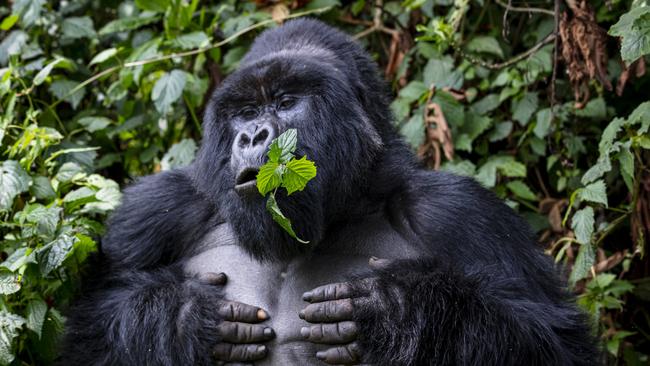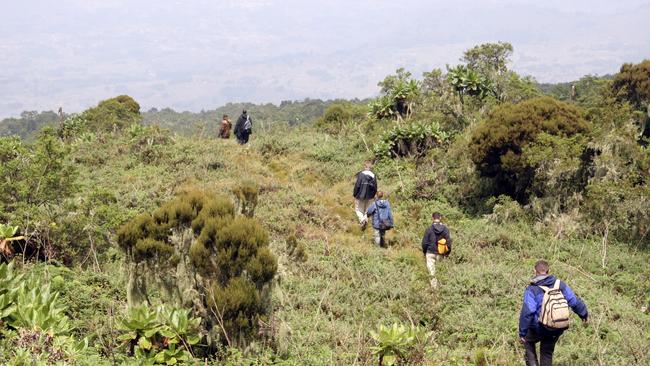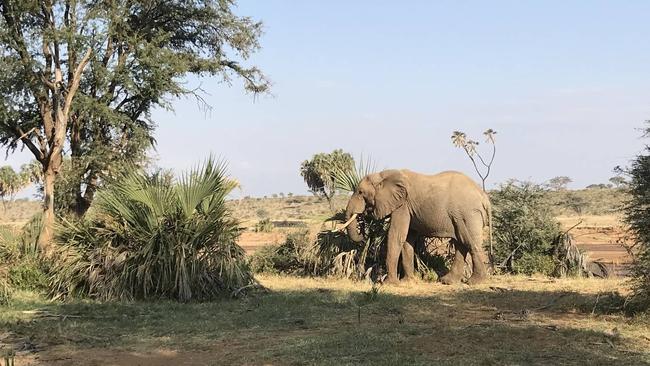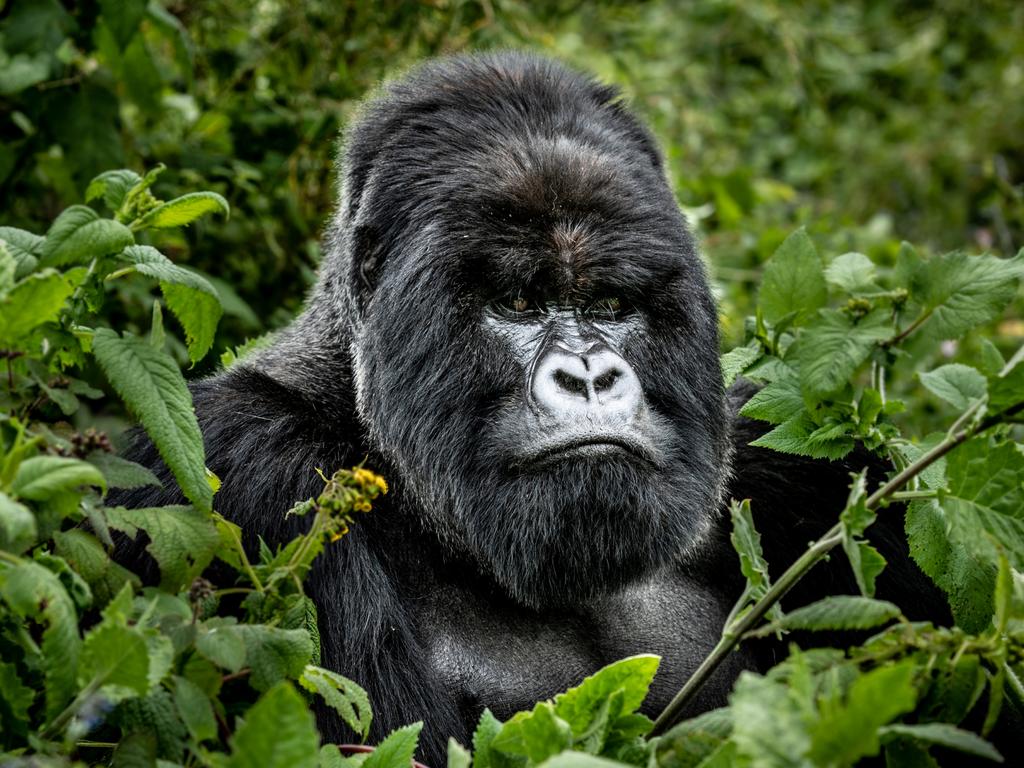African safari scams: how to spot frauds
There are key indicators to look out for when booking a wildlife adventure to ensure you protect the incredible animals you are there to see.

Anyone who has been on safari in Africa will understand what is meant by adrenaline rush. That moment when you are eye to eye with a predator and there’s nothing in-between except a trained guide and tracker to keep you safe. I’ve been on many such expeditions and am surprised when asked if it’s ethical to disturb animals in the wild. Aren’t we trespassers in their domain?
I thought so on my first safari, more than 30 years ago, but have since come to different conclusions. Because safaris are not just about ticking checklists but are integral to wildlife conservation and funding.
Perhaps there are a few dodgy operators out there but with so much international scrutiny, I would be surprised. Even so, there are indicators to look for. Are they affiliated with well-recognised global foundations such as Worldwide Fund for Nature?

Are their drivers known to get too close to creatures on a night drive and use dazzling spotlights, or gun the jeep’s engine and bash through the bush for hero sightings? What percentage of profits go to local communities? What measures are taken to ensure poachers are not encroaching into, say, the territory of endangered rhino?
There’s a lot of bluff and bluster to plough through but operators at the forefront of conservation openly declare their achievements in scientific research and wilderness preservation. Once on the ground, chats to guides and trackers can be revealing.

I know, for example, that andBeyond really does go above and beyond to ensure the welfare of its staff and channels a high proportion of profits into conservation measures. Ditto Abercrombie & Kent and the team behind Angama Safari Lodge in Kenya’s Maasai Mara. Two staff members at the latter told me they often give up their days off just to stay in camp and learn extra skills.
Their home villages are being supported, kids properly educated, and we cashed-up travellers are phantom benefactors. Then there are mountain gorillas. I was concerned about climbing in Rwanda’s Volcanoes National Park. What right do we have to track this extraordinary species, all in quest of hero shots and social media traction?
A visit to the Ellen DeGeneres Campus of the Dian Fossey Gorilla Fund and a chat with a volunteer veterinarian from Gorilla Doctors changed my thinking. Local trackers and porters earn well enough from this well-monitored tourism to support their families. Gone is the temptation to alleviate poverty by poaching or joining roving gangs. Vets treat the injured and at-risk mountain gorillas, and their numbers are no longer in decline. So, yes, go and look a silverback straight in the eye. It may just be the moment of a lifetime.
If you love to travel, sign up to our free weekly Travel + Luxury newsletter here.




